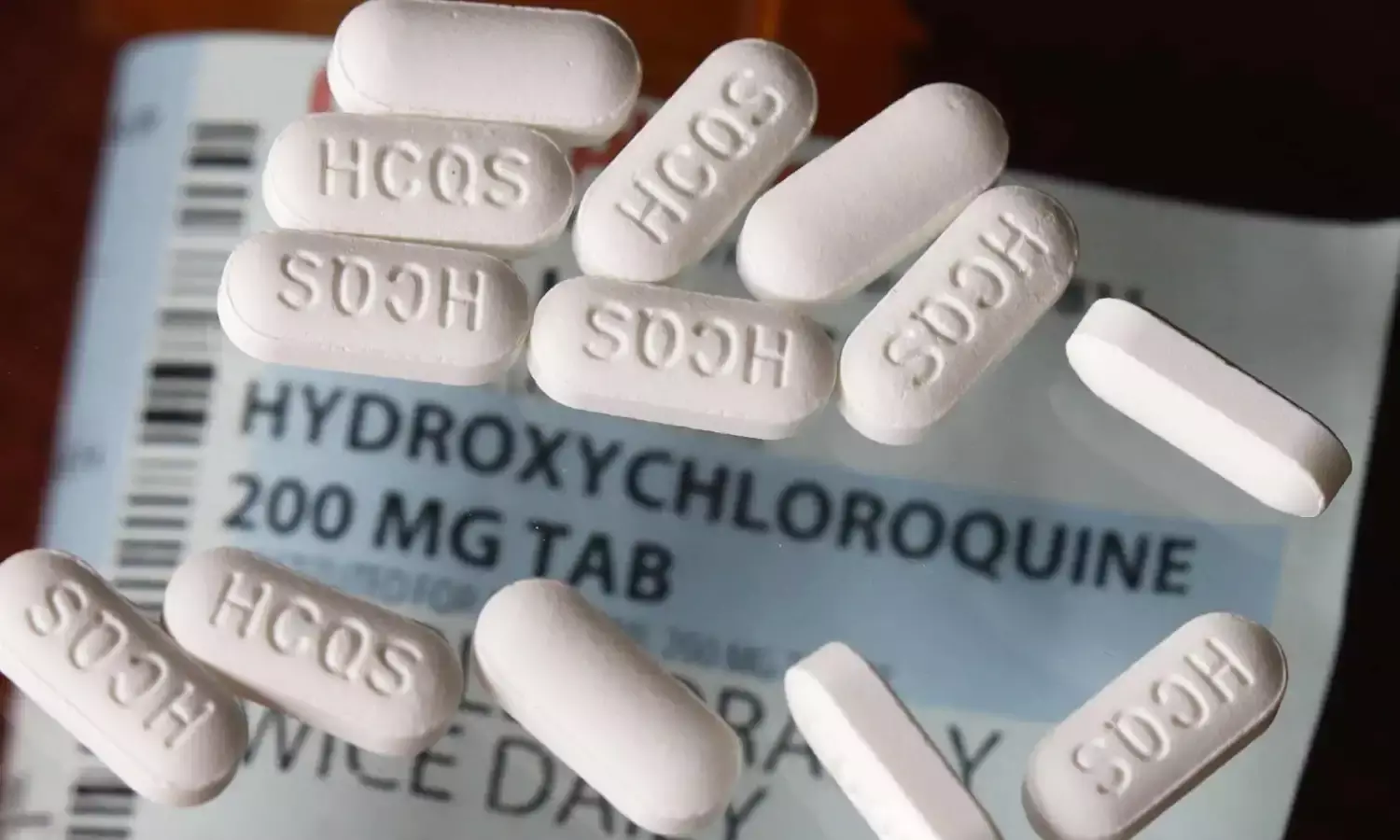Trump's Wonder Drug: An Amicable Threat After All?
US accused of high seas piracy
It has been widely reported in the media that India has agreed, on humanitarian grounds, to supply to the United States the anti-malarial drug hydroxychloroquine at the request of President Donald Trump.
However, what has been glossed over by the Indian government and most of the so-called mainstream media is what happened before and in between the request and the government's decision to accede to it. It will be both interesting and instructive to look at the timeline of how the news developed.
To quote the BBC, “President Trump – who, according to the New York Times, owns a ‘small personal financial interest’ in Sanofi, the French drugmaker that makes… the brand-name version of hydroxychloroquine” – called Indian Prime Minister Narendra Modi on Sunday, a day after India banned all exports of the drug ‘without exception’.”
The decision came even as Indian cases of Covid-19 were rising steeply. At the time of writing the country has reported 5,360 cases, 468 recoveries and 164 deaths.
The next day, local media reported that India would “consider” the request.
Speaking at a White House press briefing that day, Trump said he did not “like” India's decision to ban exports of the drug. “But of course, there may be retaliation,” he said. “Why wouldn't there be?”
The government’s statement on Tuesday said that apart from “nations badly affected by the virus” it would supply the drug to neighbouring countries in “appropriate quantities” given the “humanitarian aspects of the pandemic”.
Thus, the chronology of what happened is as follows:
Saturday, April 4 : The government of India bans all exports of the drug “without exception”
Sunday : Trump makes a personal request to the Indian prime minister to supply the drug to the USA
Monday : The Indian media reports that the government is considering the request. Trump says does not like the decision to ban exports, suggests there may be retaliation
Tuesday, April 7 : India partially lifts the export ban, saying domestic stocks of the drug are more than enough to meet our own requirements, and our companies can produce it in large quantities.
There is absolutely nothing wrong or illegal about the government’s reviewing its order. This often happens to rectify small mistakes or oversights.
Media reports not contradicted by the government state that similar orders banning the export of personal protective equipment and ventilators were issued on January 31, and later relaxed, only to be reaffirmed on March 19 and 24.
However, when a decision is taken to ban exports of an essential item such as a drug considered crucial in the present context —even if, as widely reported, the utility of hydroxychloroquine in combating Covid-19 remains unproven— senior government officials seriously consider all aspects, including the stock position, projected domestic requirement and production capacities.
Their considered opinion, duly approved by the minister concerned, results in an order being issued.
If almost overnight it is found that, contrary to the reason behind banning its export, we had plentiful supplies of the item to meet our own requirements and more, then certainly the government had not applied its mind before imposing the ban.
Such vacillation justifiably raises questions about the competence of the bureaucrats and the concerned minister who took the decision to ban the export in the first place.
In the present case, however, there is the minor point of Trump’s press briefing, which came even as the government said it was considering his request.
There is no ambiguity in what he said: he was unhappy with the Indian government’s decision, and threatened retaliation if his government’s request was not favourably considered.
Soon after that, the government of India discovered that this drug, which so far was needed to be hedged to cater to our own needs, was available aplenty; that our industry could produce so many tons of it per day, etc etc.
And of course, that India “always believed in a united fight against COVID 19” and that it is only humane that we should share whatever we have with our neighbours and friends who request our help. It then earned some applause from Trump.
There is, perhaps, nothing wrong if the friends bolster their request with a little display of their canines.
The governments of Germany, France and Canada recently accused the US government of theft. According to reports the German interior minister accused the US government of “modern day piracy” after it “confiscated” a shipment of protective masks en route to Germany.
There is indeed a reported shortage of hydroxychloroquine in the United States after Trump’s repeated public promotions, faced not by patients of Covid-19 but of lupus and other conditions for which it is proven to work. There are reports of deaths in several countries including Nigeria where panic-stricken people self-medicated improperly or overdosed on the drug, having heard Trump’s unfounded claims.
Maybe our government could have said we were sending them the drug, considering their stated need, but that the use of words like retaliation did not amuse a sovereign nation. Or, we could at least convey a little, just a little bit of our displeasure to the US administration through established channels.
But who is saying that we are displeased? Are we not a growing world power, and are we not receiving every now and then a paternalistic pat on the back from the “friend”?





